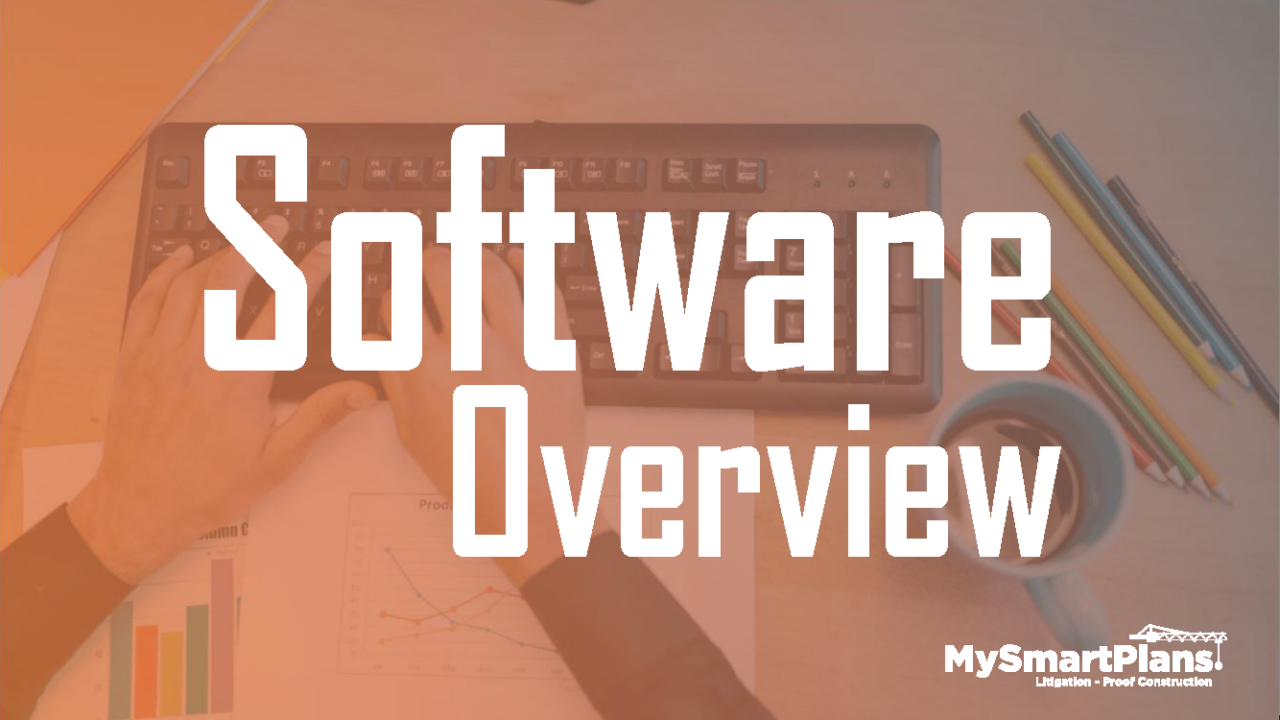MySmartPlans has saved thousands of hours in costly rework and has allowed us to collaborate with our team members in the most efficient manner possible.

Honors & Awards
Business Of The Year
Kansas Women-Owned Businesses 2017
Rule Breaker Award
New York Rule Breakers 2015
25 Outstanding Businesses Under 25 Employees
Twenty Five – 25 2012
CEO of the Year
City Union Mission 2009
Women Who Mean Business
Biz Journal 2009
Vision of Excellence
National Association of Women in Construction – 2009
About MySmartPlans

Born from Hard-Won Experience, Built for Unshakeable Control:
MySmartPlans isn’t just another software company; it’s the culmination of resilience and expertise forged in the crucible of construction chaos. Co-founders Shelley (CEO) and Dominick (President), a highly successful 45-year contractor, experienced firsthand how a single project plagued by insufficient data could unravel decades of success, forcing them to close their previous company’s doors.
They didn’t just rebuild; they reinvented construction project management to conquer the very issues that cost them dearly.
MySmartPlans delivers unparalleled project control through a unique fusion of advanced technology and dedicated human expertise. We embed an experienced Digital Information Librarian directly into your team. These specialists are far more than support; they are the catalyst for rigorous Data Governance, meticulously organizing every document and data point.
This creates radical transparency and efficiency, drastically mitigating the risks associated with poor document oversight. For 19 years, we’ve empowered clients to deliver billions of dollars in projects on time and budget, backed by an ironclad, audited project history proven to prevent costly disputes and litigation. We offer the world’s most advanced construction intelligence solution, ensuring clarity and success from groundbreaking to handover.
Honors & Awards
Business Of The Year
Kansas Women-Owned Businesses 2017
Rule Breaker Award
New York Rule Breakers 2015
25 Outstanding Businesses Under 25 Employees
Twenty Five – 25 2012
CEO of the Year
City Union Mission 2009
Women Who Mean Business
Biz Journal 2009
Vision of Excellence
National Association of Women in Construction – 2009
About MySmartPlans

Shelley Armato and Dominick Armato
Shelley is the Founder and CEO of MySmartPlans. Her husband Dominick is Co-founder and President. They suffered firsthand the effects of chaos in the industry. Dominick, a 45-year contractor, was wildly successful and one project with insufficient data caused them to shut the doors on that company. But they rose again and reinvented the construction industry by streamlining the business.
MySmartPlans is a software-as-a-service solution with an experienced digital information librarian as part of your team, who creates transparency, organization, and efficiency in construction projects. They are the driving force behind Data Governance, which mitigates the risk associated with insufficient document oversight. MySmartPlans has been improving the industry for 16 years and has a revenue aggregate of over 19 billion dollars. Build on time, on schedule, and with audited as pre-discovery files that are proven to prevent litigation!
MySmartPlans Track Record:
17 years in business
100% of our 2,130 projects were protected from litigation
$23 billion in project value completed
99.9% of projects were completed on time & on budget
18% project on-site savings
Platform Features
MySmartPlans Track Record:
17 years in business
100% of our 2,130 projects were protected from litigation
$23 billion in project value completed
99.9% of projects were completed on time & on budget
18% project on-site savings
Learn More
The MySmartPlans Manifesto
MySmartPlans has saved thousands of hours in costly rework and has allowed us to collaborate with our team members in the most efficient manner possible.

MySmartPlans helped us focus on the project rather than collection of data & documentation. The MSP team knows what needs to be included and does a great job gathering, managing and ensure timey responses on required information. It also gives us a centralized location for project documentation, giving us comfort of knowing where to find information in the future. MSP allows us to work smarter and be smarter.

Technology has made promises over the years that someday we would all be paperless and all electronic, but there has been a missing link in sharing information between groups. MySmartPlans is the medium that fills that gap.

As a construction litigator…to be able to point and click and find the documentation that relates to that specific change order, whatever, in seconds as opposed to days or weeks manually would be a game changer.

Unorganized documents can pile up and become overwhelming and costly to manage. According to a McKinsey report (2016), cost and schedule overruns are the norm in the construction sector. It is estimated that overrun in capital expenditure to infrastructure projects averages above 130% of the original quoted capital and twenty months beyond scheduled completion.

How can this continue to be tolerated? The construction industry is among the least digitized. The McKinsey Global Institute estimates that the world will need to spend $57 trillion on infrastructure by 2030 to keep up with global GDP growth (2016). How will construction legacy systems and processes for documentation management withstand the massive increase of digitized documentation? It is not unusual for mega construction projects to involve over 500 vendors.
Moving to paperless projects, from the office to the workforce, can become a reality. New technology is increasingly compiling electronic data that requires ample storage, retrieval, and archives for closeout and the sustainability of the asset’s lifecycle. Stakeholders that fail to adopt new technology will risk financial ruin.
Information Governance is the strategy in which all project documents are collected to build a ledger of facts. Creating a register of truth requires documents to be stored, organized, cataloged, and retrieved easily.
Information governance is imperative for every construction project. Owners, Operators, and Stakeholders responsible for completing their construction project must mitigate the risks associated with insufficient document oversight. 
Construction technology and digital librarians can build document management programs specific to the project at hand. Prepare closeout from day one because the information for closeout is critical for future development and modification within the lifecycle of your assets. These construction documents can also be easily accessed for years after project completion.
Technology is improving systems across all platforms and construction needs information governance. Creating a document repository mitigates risks, lowers costs, and reduces extended schedules.

Shelley is the founder and CEO of the state-of-the-art software application called MySmartPlans. MySmartPlans gives owners full control over their documentation with the assistance of our personal Project Information Managers to transform digital governance delivery. The technology behind MySmartPlans creates accountability, transparency, and efficiency during the construction process.
Shelley Armato 816-479-0261
shelley@mysmartplans.com
Agarwal, Chandrasekaran and Sridhar (2016). Imagining constructions digital future.
McKinsey and Company. https://www.mckinsey.com/business-functions/operations/our-insights/imagining-constructions-digital-future
A recent Oracle article, “How AI Is Reshaping Construction,” correctly identifies the transformative potential of artificial intelligence in addressing the industry’s critical challenges of labor

What Are You Really Buying with MySmartPlans? (It’s Not Just Document Management) Discover how MySmartPlans goes beyond construction document management to deliver confidence, control, and

The Construction Data Explosion Every major construction project today operates like a massive data machine. Airports, hospitals, high-rises—these projects generate not just thousands of documents,
The only third party administered construction management platform
803 Armstrong
Kansas City, KS 66101
Phone:
(816) 221-7881
Email:
shelley@mysmartplans.com
support@mysmartplans.com

Powered By EmbedPress